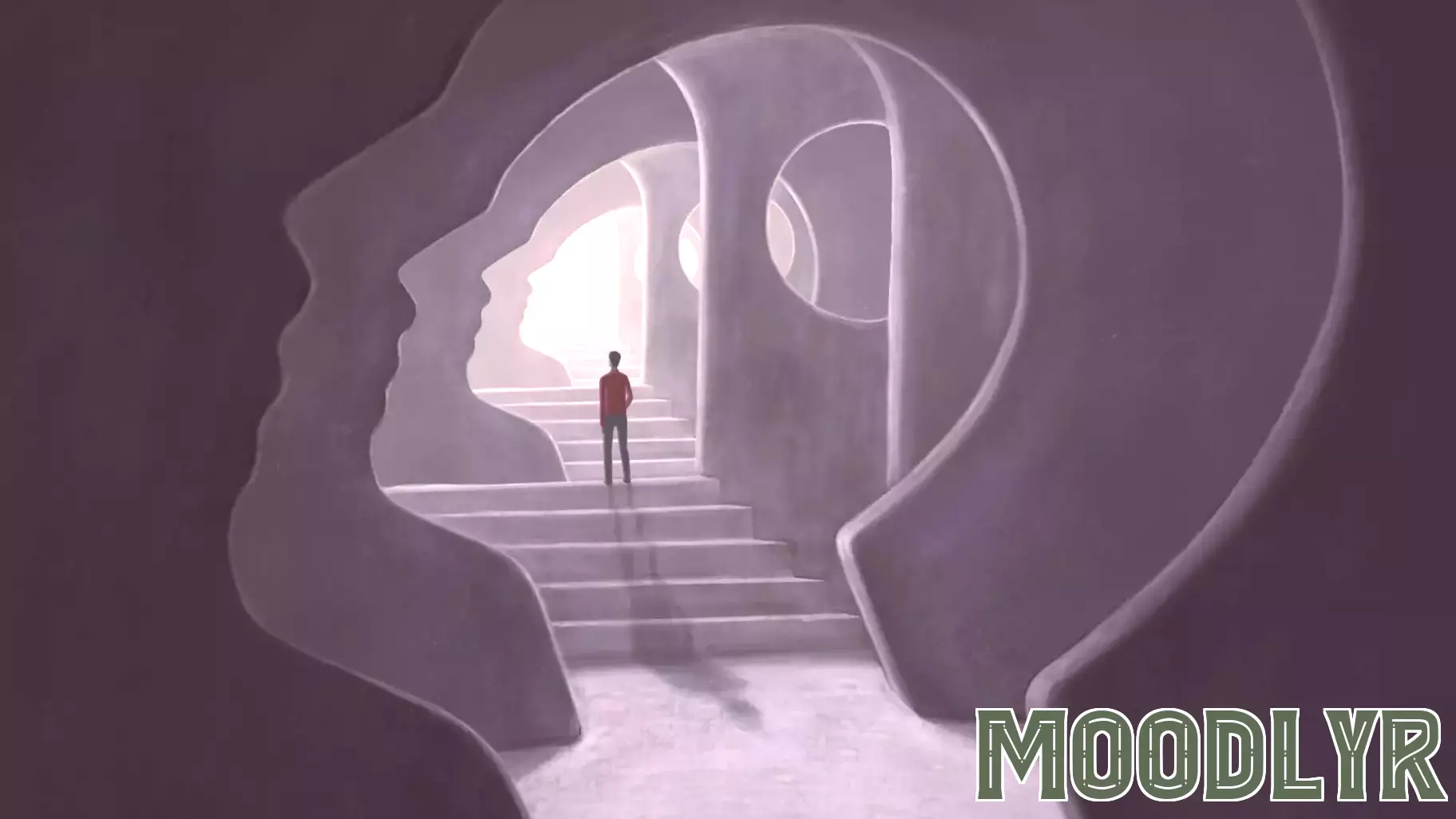Is Physicalism Losing Its Relevance in Modern Psychology?
November 27, 2024 - 18:02

A sense is growing that no matter what stunning neuroscience discoveries we make, we cannot in principle explain E = MC^2 by what Einstein had for breakfast. This sentiment raises questions about the limits of physicalism, the philosophical stance that everything can be explained in physical terms. As researchers delve deeper into the complexities of human behavior and consciousness, the notion that all mental phenomena can be reduced to physical processes is being challenged.
The ongoing discourse in psychology suggests that there are aspects of human experience that may elude a purely physical explanation. This growing skepticism invites a reevaluation of how we understand the interplay between mind and body, and whether traditional physicalist perspectives can adequately account for the richness of psychological phenomena. As the field evolves, it appears that the debate over the nature of consciousness and the mind-body relationship is far from settled.
MORE NEWS

March 5, 2026 - 04:32
How to Help Communities Rebound from Crisis and DisasterIn an era where global crises feel increasingly frequent, the path forward for affected communities can seem insurmountable. However, the specialized field of disaster psychology provides a crucial...

March 4, 2026 - 11:03
If you've worked the same job for more than 15 years, psychology says you likely have these 8 traits that job-hoppers never developWhile modern career advice often glorifies frequent job changes, a significant segment of the workforce finds profound value in deep-rooted tenure. Psychology suggests that individuals who remain...

March 3, 2026 - 20:00
Left-handed people may have a psychological edge in competitionA new study suggests that left-handed individuals may possess a distinct competitive edge over their right-handed counterparts. Published in the journal Scientific Reports , the research indicates...

March 3, 2026 - 05:01
Psychology says people who were the "easy child" in their family didn't actually have fewer needs — they just learned faster than their siblings that expressing those needs came at a costNew psychological insights challenge the long-held belief that the `easy` child in a family simply had fewer demands. Research now suggests these children did not experience less need for attention...